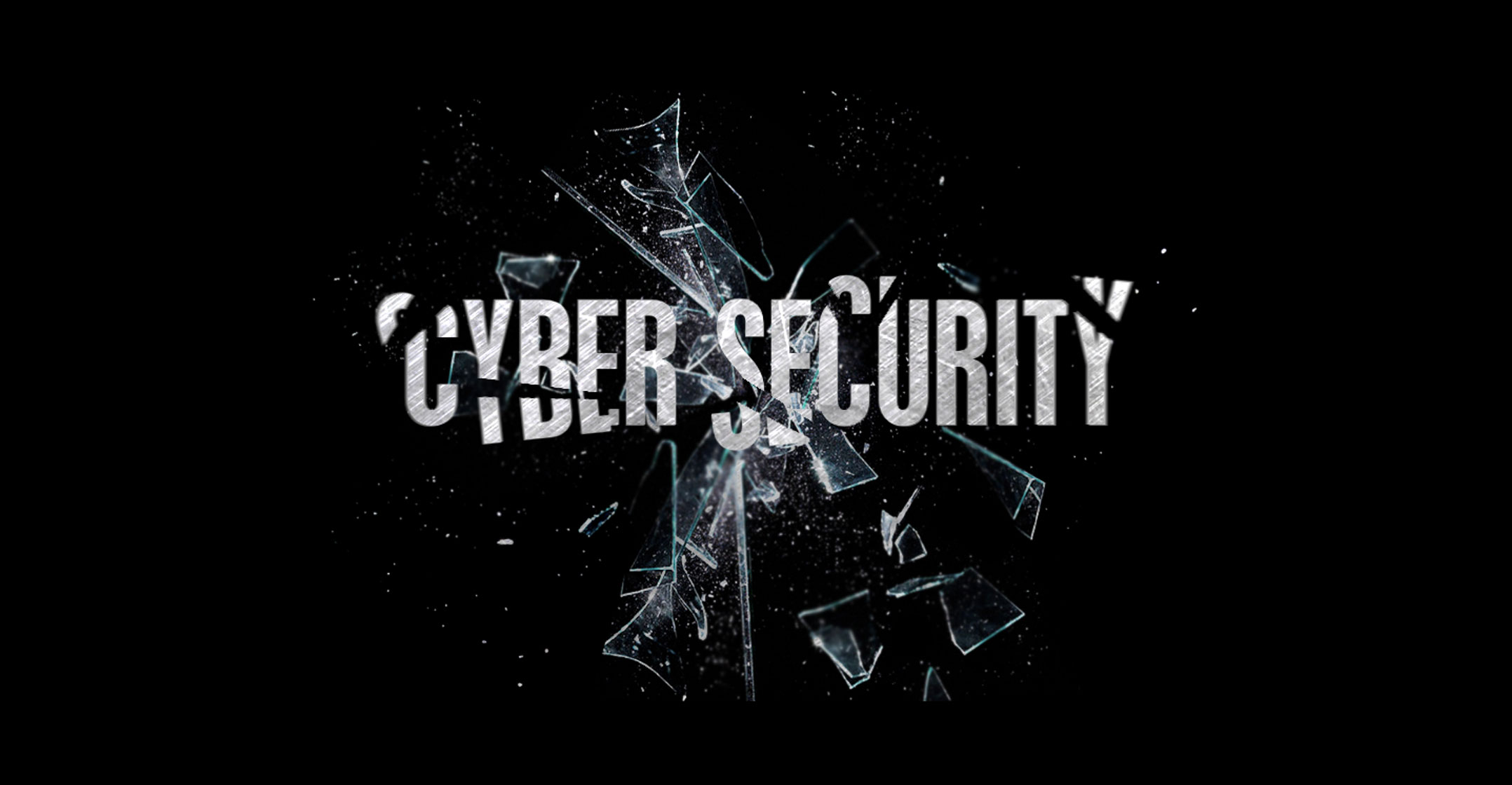 The constitutional court handed down a significant judgment on 4 February, declaring that certain provisions of the infamous Regulation of Interception of Communications Act (Rica) are unconstitutional.
The constitutional court handed down a significant judgment on 4 February, declaring that certain provisions of the infamous Regulation of Interception of Communications Act (Rica) are unconstitutional.
In this ground-breaking judgment, the court holds that certain provisions of Rica are unconstitutional insofar as Rica fails to provide appropriate safeguards and adequately prescribe procedures in many respects when it comes to undertaking surveillance.
The case was brought about by the amaBhugane Centre for Investigative Journalism, having approached the constitutional court for confirmation of the declaration of unconstitutionality in the 2017 high court decision.
To this end, the court noted that various provisions of Rica are inadequate and thus unconstitutional insofar as they:
- Fail to provide for safeguards ensuring that a judge designated in terms of section 1 of the act is sufficiently independent;
- Fail to provide for notifying the subject of surveillance of the fact of their surveillance as soon as such may be given without jeopardising the purpose of surveillance after such surveillance has been terminated;
- Fail adequately to prescribe procedures to ensure that data obtained pursuant to the interception of communications is managed lawfully and not used or interfered with unlawfully, including prescribing procedures to be followed for examining, copying, sharing, sorting through, using, storing or destroying the data; and
- Fail to provide adequate safeguards where the subject of surveillance is a practising lawyer or journalist.
The constitutional court ordered that such an order for the declaration of unconstitutionality is to take effect immediately and is suspended for a period of 36 months in order to afford parliament an opportunity to cure the defect causing the invalidity.
During this period of suspension, however, the constitutional court has read in certain provisions giving effect to the gaps contained in Rica as it currently stands.
In a democratic society founded on the democratic values of human dignity, equality and freedom, it is vital to ensure that persons be free from intrusions and interference by the state in one’s personal life, and this decision by the constitutional court goes a long way to enforce this.
- Rui Lopes is MD and Kirsty Gibson is associate designate at Lopes Attorneys
- This article was republished from Moneyweb with permission




